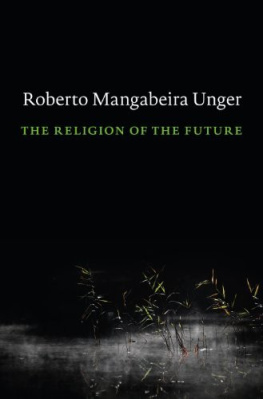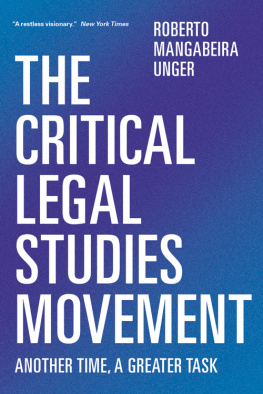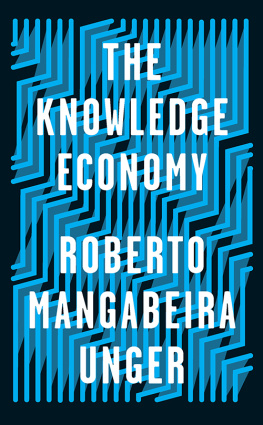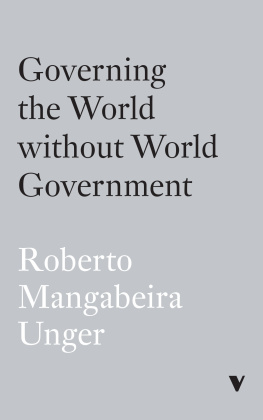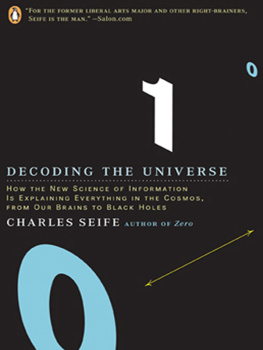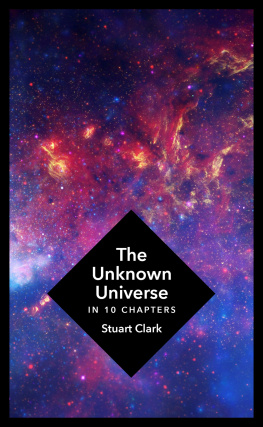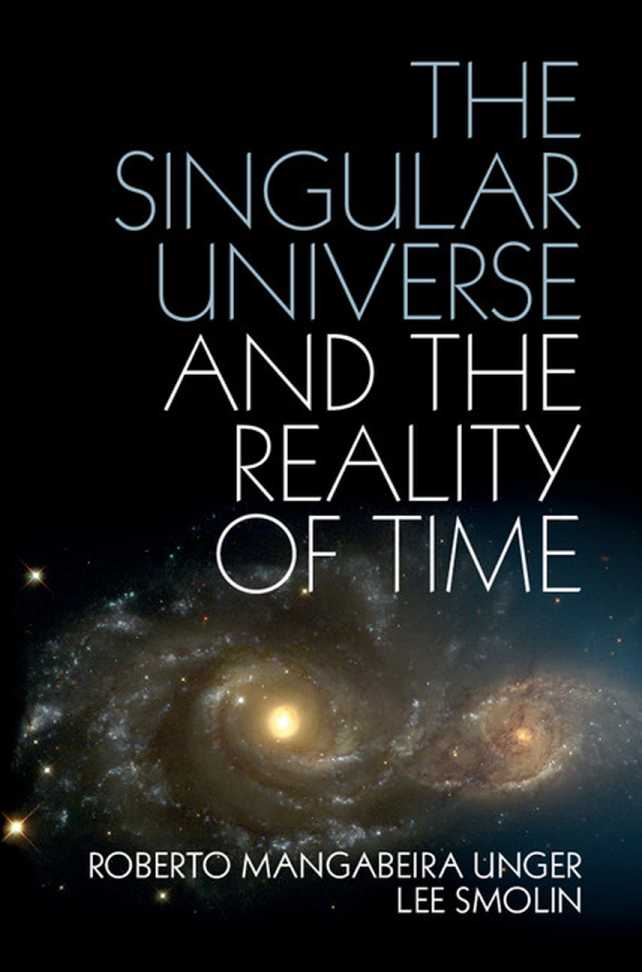Cosmology is in crisis. The more we discover, the more puzzling the universe appears to be. How and why are the laws of nature what they are?
A philosopher and a physicist, world-renowned for their radical ideas in their fields, argue for a revolution. To keep cosmology scientific, we must replace the old view in which the universe is governed by immutable laws by a new one in which laws evolve. Then we can hope to explain them.
The revolution that Roberto Mangabeira Unger and Lee Smolin propose relies on three central ideas. There is only one universe at a time. Time is real: everything in the structure and regularities of nature changes sooner or later. Mathematics, which has trouble with time, is not the oracle of nature and the prophet of science; it is simply a tool with great power and immense limitations. The argument is readily accessible to non-scientists as well as to the physicists and cosmologists whom it challenges.
roberto mangabeira unger is a philosopher, social and legal theorist, and politician. His engagement with cosmology and natural philosophy in this book deepens and generalizes ideas that he has developed in False Necessity, The Self Awakened, and The Religion of the Future, among other writings.
lee smolin is a theoretical physicist who has made important contributions to quantum gravity. Born in New York City, he was educated at Hampshire College and Harvard University. He is a founding member of the Perimeter Institute for Theoretical Physics. His earlier books explore philosophical issues raised by contemporary physics and cosmology: Life of the Cosmos, Three Roads to Quantum Gravity, The Trouble with Physics, and Time Reborn.
Unger and Smolin have been collaborating for eight years on the project that this work brings to fruition.
CAMBRIDGE
UNIVERSITY PRESS
University Printing House, Cambridge CB2 8BS, United Kingdom
Cambridge University Press is part of the University of Cambridge.
It furthers the University's mission by disseminating knowledge in the pursuit of education, learning and research at the highest international levels of excellence.
www.cambridge.org
Information on this title: www. cambridge. org/9781107074064
Roberto Mangabeira Unger and Lee Smolin 2015
This publication is in copyright. Subject to statutory exception and to the provisions of relevant collective licensing agreements, no reproduction of any part may take place without the written permission of Cambridge University Press.
First published 2015
Printed in the United States of America by Sheridan Books, Inc
A catalogue record for this publication is available from the British Library
Library of Congress Cataloging in Publication data Unger, Roberto Mangabeira.
The singular universe and the reality of time: a proposal in natural philosophy / Roberto Mangabeira Unger, Lee Smolin.
pages cm
ISBN 978-1-107-07406-4 1. Cosmology. I. Title.
BD511. U54 2014 113-dc23
2014016833
ISBN 978-1-107-07406-4 Hardback
Cambridge University Press has no responsibility for the persistence or accuracy of URLs for external or third-party internet websites referred to in this publication, and does not guarantee that any content on such websites is, or will resmall, accurate or appropriate.
Contents
The nature and scope of this work x
ROBERTO MANGABEIRA UNGER AND LEE SMOLIN
Part I. Roberto Mangabeira Unger 1
1. The science of the one universe in time 5
The singular existence of the universe 5
The inclusive reality of time 7
The selective realism of mathematics 15
The first cosmological fallacy 18
The second cosmological fallacy 23
Causality without laws 32
2. The context and consequences of the argument 46
The argument and recent physics and cosmology 46
The argument and the physics of the first half of the twentieth century 49
The argument and natural history 54
The argument and social and historical study 67
Reinventing natural philosophy 75
What is at stake 89
3. The singular existence of the universe 100
The conception of the singular existence of the universe introduced 100
Arguments for the singular existence of the universe 116
Implications for the agenda of cosmology 141
The finite and the infinite at the beginning of the universe 144
The initial conditions of the history of the universe 147
The unexplained constants of nature 156 [Page vi]
4. The inclusive reality of time 162
The problem presented: How much of nature exists in time? 162
The argument in science and natural philosophy 170
Time as the transformation of transformation 222
Attributes of time: non-emergent, global, irreversible, and continuous 226
The proto-ontological assumptions of this view of time 239
The idea of the inclusive reality of time restated 245
From being to becoming 249
5. The mutability of the laws of nature 259
Changing laws 259
The conundrum of the meta-laws 275
The problem of causation in the early universe revisited 277
The best hope for resolving the conundrum of the meta-laws 280
From speculative conception to empirical inquiry 288
Implications of the inclusive reality of time for some fundamental ideas 292
6. The selective realism of mathematics 302
The problem 302
Mathematics as discovery and mathematics as invention 303
The attributes of mathematics 305
A natural-evolutionary conjecture 323
The history of mathematics reconsidered: soaring above the world without escaping it 325
The history of mathematics reconsidered: right and wrong in Hilbert's program 342
A deflationary and naturalistic view of mathematics 345
Part II. Lee Smolin 349
1. Cosmology in crisis 353
The crisis introduced 353 [Page vii]
Temporal naturalism 361
Naturalism is an ethical stance 362
2. Principles for a cosmological theory 367
The roots of relationalism 367
The Newtonian paradigm 373
The failure of the Newtonian paradigm when applied to cosmology 373
The failure of the Newtonian paradigm to satisfy the principles for a cosmological theory 377
The failure of the Newtonian paradigm for elementary events 379
Reductionism and its limits 379
The uniqueness of fundamental events 382
Relationalism and its limits: relational versus intrinsic properties 385
Two relational paths to general relativity: Einstein and shape dynamics 386
Relational purism 388
Impure relationalism: a role for intrinsic properties 388
Dynamical pairings and relational versus intrinsic properties 389
The Newtonian paradigm from the viewpoint of temporal naturalism 391
3. The setting: the puzzles of contemporary cosmology 393
The message of the data from particle physics 393
The message of the large-scale astronomical data 395
What questions are imperative, given the data? 399
What features of the standard cosmological model are unconstrained by the data? 400
What happened at very early times? 401


